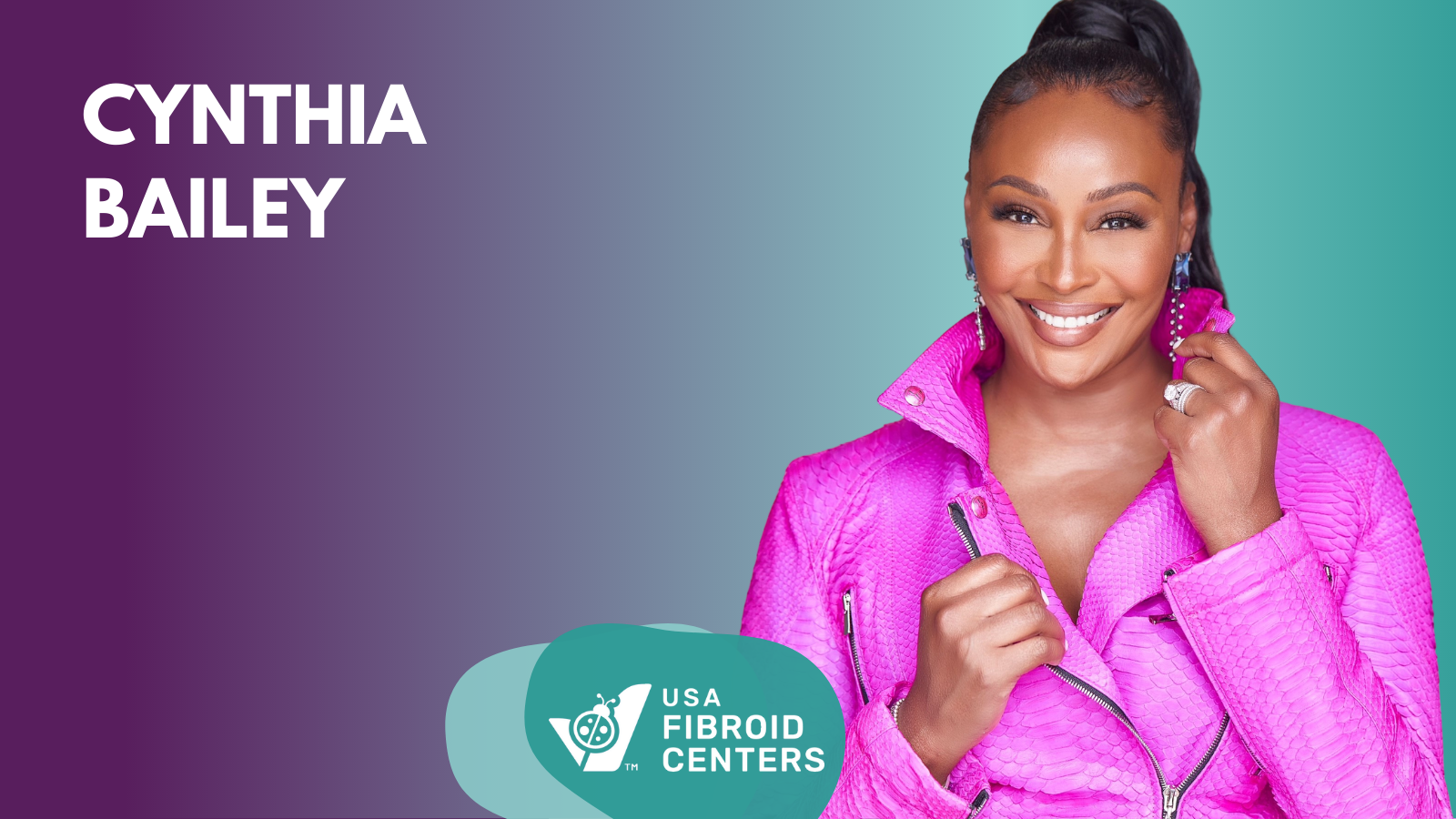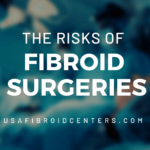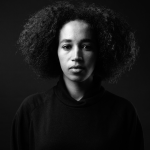
Cynthia Bailey is a familiar face on TV screens across the nation. Cynthia is a multi-talented woman who has held positions as a supermodel, businesswoman, mother, actor, TV personality, and much more. She is most known for her on-screen presence in Bravo’s hit series “Real Housewives of Atlanta” and is a contestant on this season’s Big Brother. And of course, there’s more to her than what meets the eye, and Cynthia Bailey has tried her best to be candid about her experiences, especially when it comes to fibroids.
She first discovered her fibroids when she was pregnant with her first daughter, Noelle. “It was the size of a grape at that time, and it was not cancerous, so it was nothing to concern myself about. It would probably just go away, they told me, which is not what happened,” Bailey comments on the time, noting how she wasn’t concerned because the doctors told her not to be. But, she had symptoms even earlier than that.
Fibroids ran in her family. “My mother had fibroids, but she didn’t know that she had them, and she ended up having a hysterectomy, which opened up a whole set of other issues for her,” Bailey continues. “She didn’t know what was happening and just suffered.”
Cynthia’s menstrual cycles were unpredictable, uncomfortable, and marked by severe bleeding and clotting for lengthy periods. “They sometimes lasted anywhere from seven to nine days,” she says. “ It was normal for me not to be able to do anything for the first two days. I usually could not do anything except stay in bed and change my pad and tampon every hour. Fibroids have affected my life for a very long time, and my menstrual cycle has been a big part of my life.”
After giving birth to Noelle, Cynthia soon learned that she was anemic, which means she lacked healthy red blood cells to carry adequate oxygen to her body’s tissues. Symptoms of anemia can be fatigue, skin pallor, shortness of breath, lightheadedness, dizziness, or a fast heartbeat – and what about anemia? Anemia is a symptom of uterine fibroids.
Uterine fibroids are benign tumors that form within or on the uterus and are not cancerous. Some people have a single fibroid, while others develop several fibroid growths. They can be as tiny as a seed or as huge as a melon, with the largest reaching more than 20 pounds. Women often develop fibroids during their reproductive years — with up to 80% affected by age 50. Despite the prevalence of this condition, most people don’t realize that they are at risk.
When Cynthia was in her 40s, her stomach began to protrude and was very bloated – it raised a lot of questions, as Cynthia had been thin all her life. This led Cynthia to become interested in getting rid of fibroids, as she realized that her stomach protruding was a symptom of uterine fibroids, and so did the cameras on the red carpet.
However, fibroid signs and symptoms may appear absent in some women. That being said, knowing what to look for if you do begin to have symptoms is something beneficial to know.
- Between or during your cycles, you may experience heavy and extended menstruation
- Anemia, a condition that causes exhaustion
- Pain during intercourse
- Frequent urination
- Bloating and/or constipation
- Pelvic or lower back pain
- Menstrual cramps have become very intense
- Stomach bloating
There are a few options for treatment when it comes to uterine fibroids. Hysterectomy involves removing the uterus and is the only treatment that ensures fibroids won’t reappear in the future. Myomectomy, a form of fibroid surgery that removes fibroids from the uterus, is another option. However, it poses surgical risks similar to those associated with a hysterectomy. Excessive bleeding, infection, blood clots, and a negative response to general anesthesia are among them. A myomectomy causes more blood loss than a hysterectomy, which is problematic because many women with fibroids already have low blood levels. Uterine scar tissue will likely cause problems after surgery. Then, there’s Uterine Fibroid Embolization (UFE.)
Uterine Fibroid Embolization (UFE) is a minimally invasive, outpatient surgery to treat uterine fibroids that can help you feel better. There is no need for a hospital stay, sutures, or scars. for women who want to have children later, it’s a better choice than a hysterectomy. Fibroids will shrink after UFE, and most problematic symptoms, like heavy menstruation and chronic abdominal discomfort, may go away.
Right off the bat, Cynthia knew that she didn’t want a hysterectomy, despite her doctor’s recommendation. Yet, on the red carpet at the Miss USA pageant, Cynthia’s symptoms had become unbearable. Not only did she have stomach bloating, but she had pain and pressure on her pelvis, experienced painful sex, and had to use the bathroom frequently.
This eventually drew her to choose UFE, based on the fast recovery time. It went exactly as promised. “The procedure was like they said it would be, it was not super invasive. It was pretty quick. The recovery time was pretty easy. I was back at work in a couple of days. I took the first day off and the second day off, but I was filming by the third day. In about a month, I could see lighter periods. They went from eight days to about four days, which was a blessing,” Cynthia spoke on the matter.
Cynthia had wanted to go public about her fibroids, but her producer wouldn’t let her – not at first, anyway. “I remember, before UFE, being in scenes where I would be on my cycle, and we would be filming—sometimes for three and four hours straight—and I would get up, and there was just blood everywhere,” she says. “I don’t know what was worse: the fact that I bled through my clothes or the fact that I had bled on my castmate’s furniture. I had to do something about this, and I wanted it on the show. Thank goodness Bravo decided to keep it in because it ended up being probably one of the most important things I’ve ever done on this show.”
And it had a significant effect on both her viewers and her life. After the show aired, Cynthia was approached about fibroids by women everywhere she went. “All over the world, women would come up to me and say, ‘Because of you I did something about my fibroids,’ or ‘I’ve never talked about my fibroids,’” she says. “There were women who had never even talked to their husbands about fibroids.” Some of her castmates, and most of her friends, had issues with fibroids as well. It made Cynthia a spokesperson, and she guided her friends.
Her then-husband also spoke out about it! Fibroids affect people’s relationships as well, especially intimate ones. Because fibroids can cause painful sex and leads to bleeding all the time, personal relationships can take a significant hit.
“It’s not just the women that suffer; it’s everyone around us too because we are moody, and then we feel depressed. We have no energy, we are fatigued, we are bloated. We are a mess!” Bailey says. “Fibroids certainly affected my marriage in a lot of ways. It affected my sex life because I was on my period most of the time. I was either coming on or getting off my cycle, so I was PMS’ing for eight days and then cleansing and getting off of it, so that left, maybe, four or five days for sex.”
Her whole experience has been so valuable to people everywhere. Seeing stories that replicate their own on national television can help bring awareness to the issue of uterine fibroids. Cynthia is doing her part as an ambassador for USA Fibroid Centers. We’re excited and grateful to have her on board.



